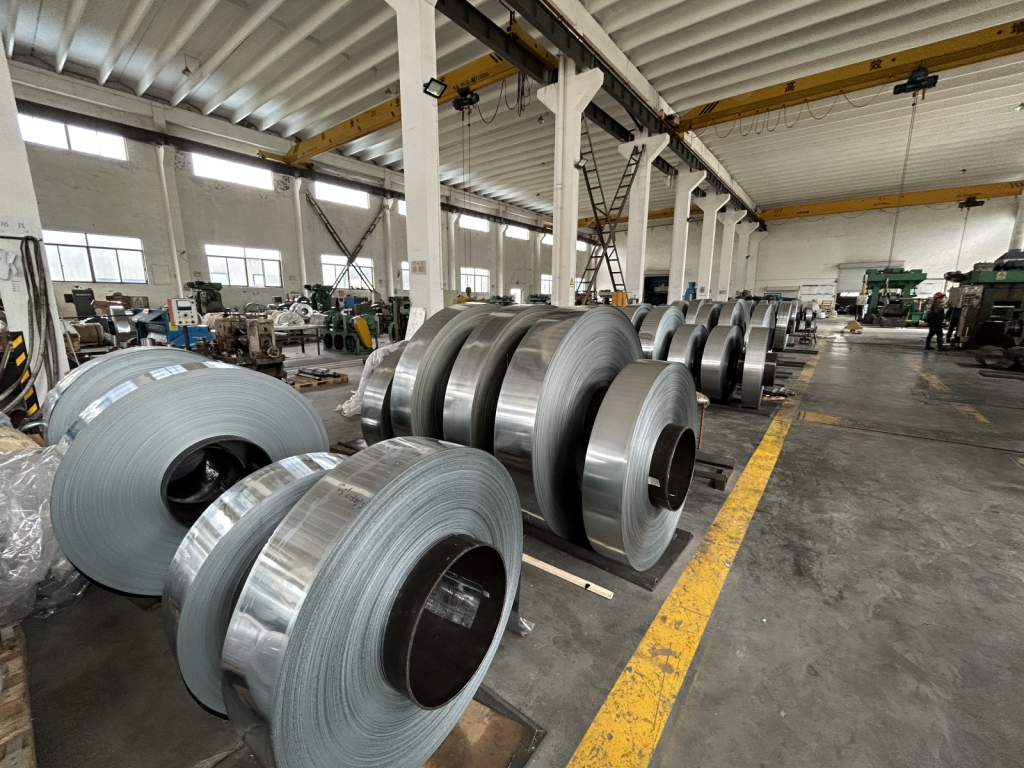Zinc alloy is a widely used material in various industries due to its unique properties, such as high strength, corrosion resistance, and versatility. Its properties make it suitable for a wide range of applications in outdoor and indoor settings. In this article, we will explore the use of zinc alloy in outdoor applications and its common uses.
Can Zinc Alloy be Used in Outdoor Applications?
Zinc alloy is highly resistant to corrosion, making it an excellent material for outdoor applications. The material forms a protective layer of oxide or carbonate when exposed to air, preventing further corrosion. Zinc alloy with a higher percentage of aluminum or magnesium is more resistant to corrosion, making it ideal for use in outdoor environments.

Outdoor applications that use zinc alloy include:
- Construction: Zinc alloy is used in a wide range of construction applications, such as roofing, gutters, downspouts, and cladding. Its corrosion resistance properties and malleability make it ideal for shaping into various parts used in buildings.
- Automotive: Zinc alloy is used in the automotive industry, including car rims, interior trim, and exterior parts, due to its high strength and corrosion resistance.
- Marine: Zinc alloy is also used in marine applications, such as boat parts, marine valves, and fittings, due to its excellent corrosion resistance in saltwater environments.
What Are the Common Uses of Zinc Alloy?
Zinc alloy is a versatile material used in various industries, including:
- Electronics: Zinc alloy is widely used in electronics manufacturing, such as computer parts, power supplies, and connectors, due to its electrical conductivity, durability, and light-weightedness.
- Medical Equipment: Zinc alloy is used in medical equipment manufacturing, where cleanliness and antibacterial properties are essential, such as surgical instrument handles, dental instruments, and orthopedic screws.
- Consumer Goods: Zinc alloy is found in various consumer goods, including watches, jewelry, key rings, and belt buckles, due to its aesthetic appearance, corrosion resistance, and cost-effectiveness.
- Machinery and Tools: Zinc alloy is used in machinery and tool manufacturing, including die casting, injection molding, and sheet metal forming, to produce customized parts with high strength, low weight, and excellent corrosion resistance.
Common Uses of Zinc Alloy
| Industry | Application |
|---|---|
| Electronics | Computer parts, power supplies, connectors |
| Medical equipment | Surgical instrument handles, dental instruments, orthopedic screws |
| Consumer goods | Watches, jewelry, key rings, belt buckles |
| Machinery and tools | Die casting, injection molding, sheet metal forming |
Conclusion
Zinc alloy is a versatile material with properties such as high strength, lightweight, and corrosion resistance that makes it ideal for various applications in multiple industries. It can be used in outdoor applications due to its high corrosion resistance, making it suitable for use in various construction, automotive, and marine purposes. Its common uses include electronics manufacturing, tool, and machinery manufacturing, as well as surgical instrument handles, dental instruments, and jewelry. With its wide range of uses, it is clear that zinc alloy is a material that plays a vital role in many industries, and its use will continue to expand in the future.